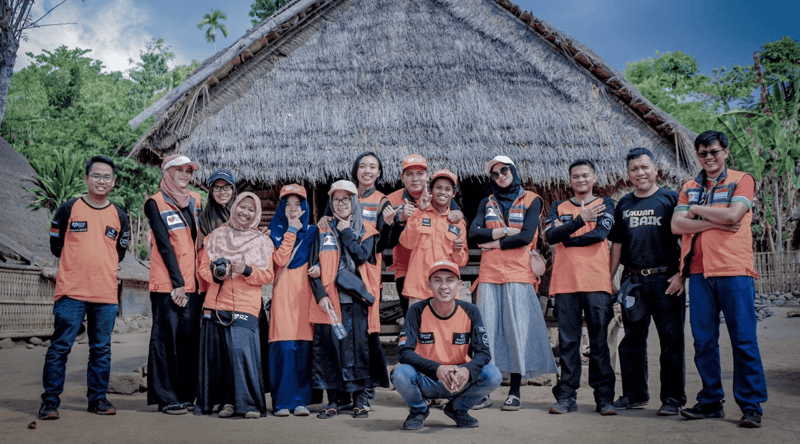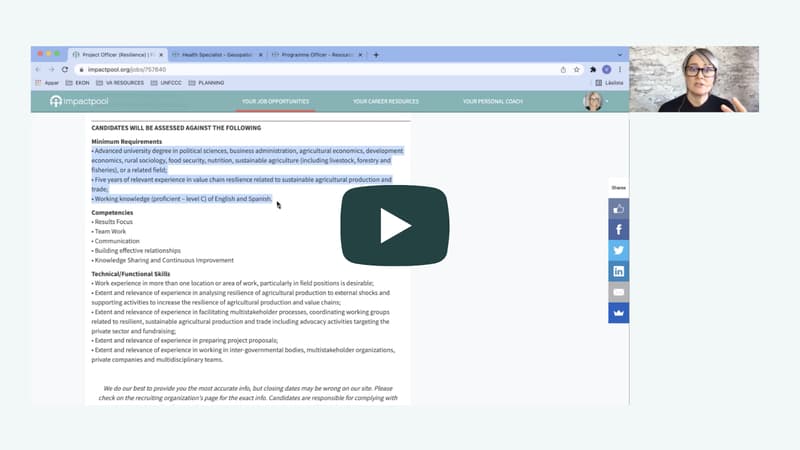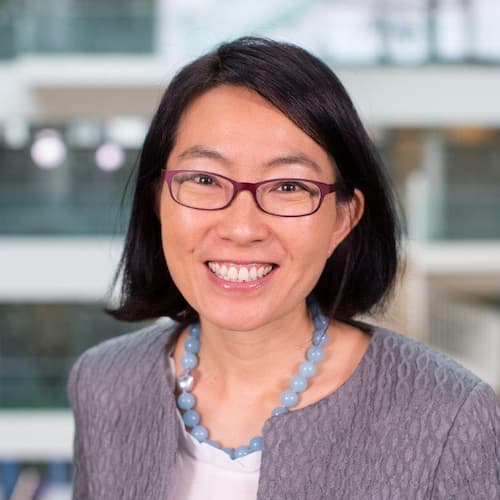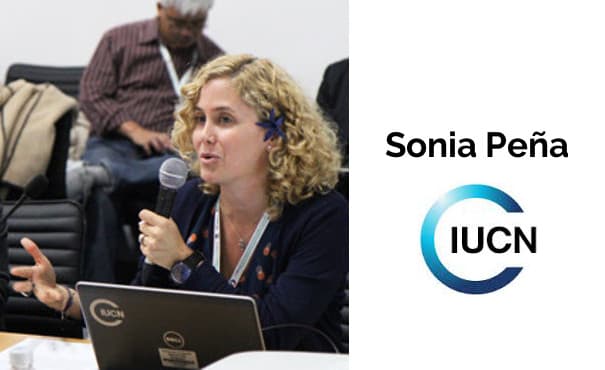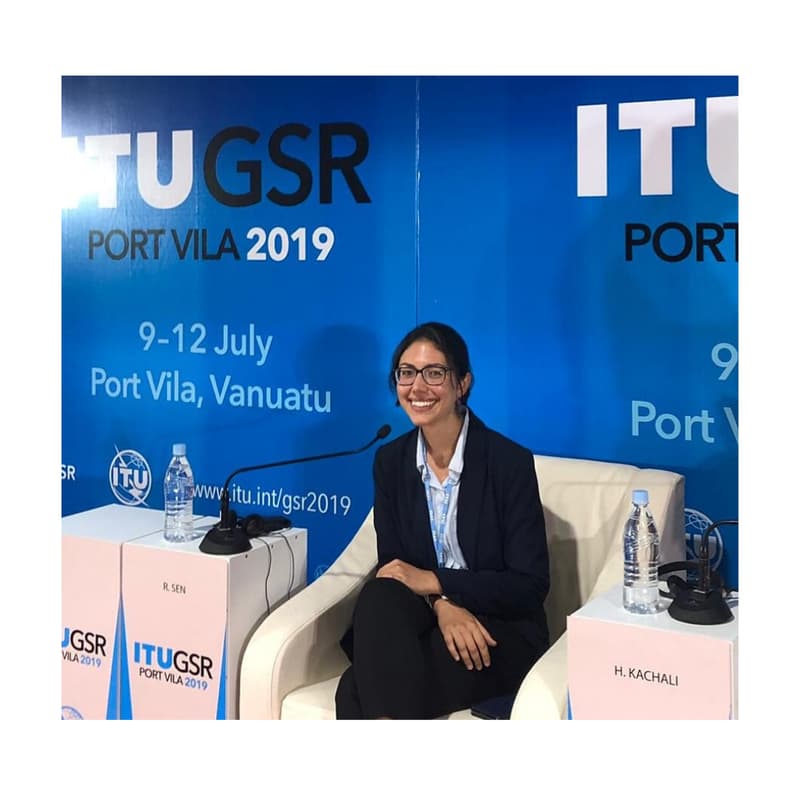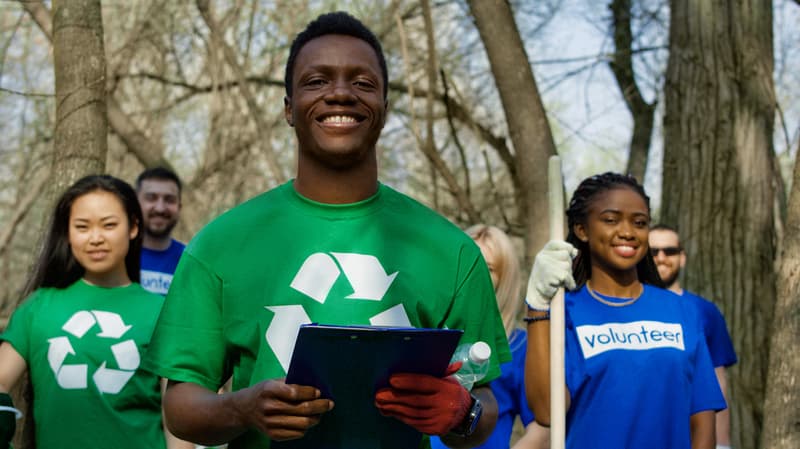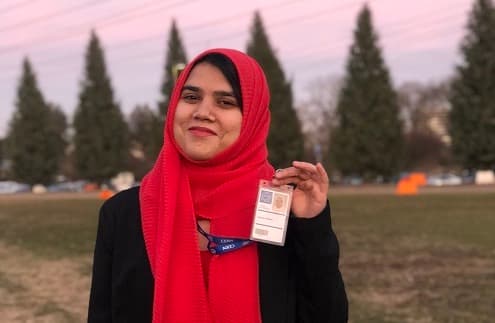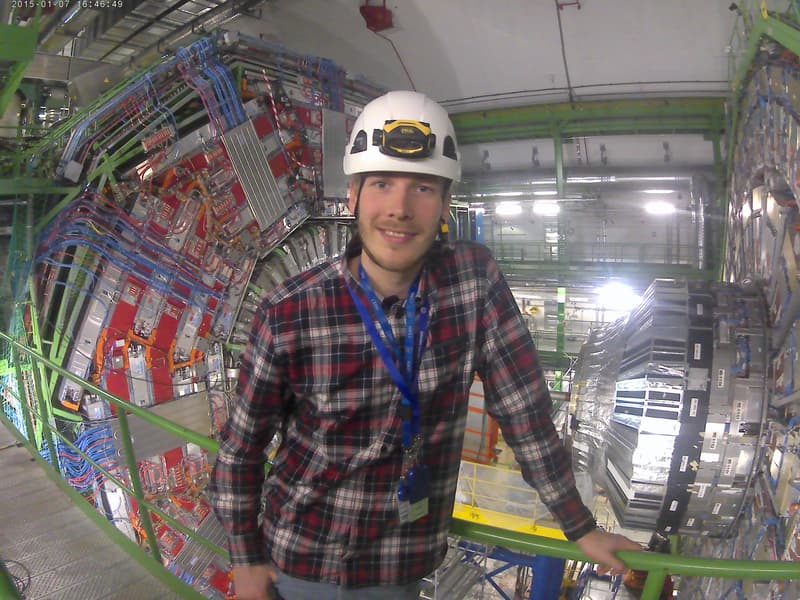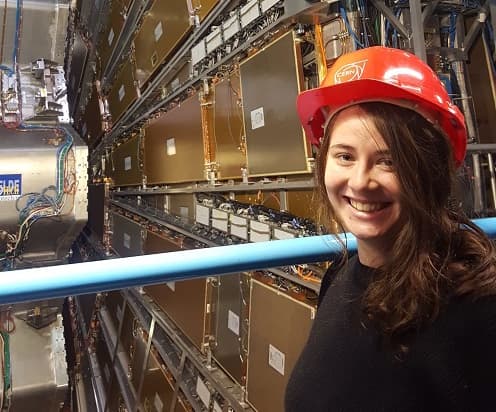Senior Officer, Community-based Disaster Risk Reduction
Geneva
- Organization: IFRC - International Federation of Red Cross and Red Crescent Societies
- Location: Geneva
- Grade: Mid level - D1-International Professional - Internationally recruited position
-
Occupational Groups:
- Social Affairs
- Environment
- Security policy
- Humanitarian Aid and Coordination
- Conflict prevention
- Disaster Management (Preparedness, Resilience, Response and Recovery)
- Civil Society and Local governance
- Closing Date: 2023-12-04
Organizational Context
The International Federation of Red Cross and Red Crescent Societies (IFRC) is the world’s largest humanitarian organization, with a network of 191-member National Societies (NSs). The overall aim of IFRC is “to inspire, encourage, facilitate, and promote at all times all forms of humanitarian activities by NSs with a view to preventing and alleviating human suffering and thereby contributing to the maintenance and promotion of human dignity and peace in the world.” IFRC works to meet the needs and improve the lives of vulnerable people before, during and after disasters, health emergencies and other crises.
IFRC is part of the International Red Cross and Red Crescent Movement (Movement), together with its member National Societies and the International Committee of the Red Cross (ICRC). The work of IFRC is guided by the following fundamental principles: humanity, impartiality, neutrality, independence, voluntary service, unity, and universality.
IFRC is led by its Secretary General, and has its Headquarters in Geneva, Switzerland. The Headquarters are organized into three main Divisions: (i) National Society Development and Operations Coordination; (ii) Global Relations, Humanitarian Diplomacy and Digitalization; and (iii) Management Policy, Strategy and Corporate Services.
IFRC has five regional offices in Africa, Asia Pacific, Middle East and North Africa, Europe, and the Americas. IFRC also has country cluster delegations and country delegations throughout the world. Together, the Geneva Headquarters and the field structure (regional, cluster and country) comprise the IFRC Secretariat.
IFRC has a zero-tolerance policy on conduct that is incompatible with the aims and objectives of the Red Cross and Red Crescent Movement, including sexual exploitation and abuse, sexual harassment and other forms of harassment, abuse of authority, discrimination, and lack of integrity (including but not limited to financial misconduct). IFRC also adheres to strict child safeguarding principles.
The Senior Officer will be part of the Climate, Environment and Resilience Unit in the Disasters, Climate and Crises Department.
Disaster Risk Reduction (DRR) and climate action, with special attention to urban contexts, are central elements of IFRC’s Strategy 2030 and Plan & Budget 2021-2025, which stress the urgency to massively scale up climate-smart DRR in view of increasing climate change, rapid and unplanned urbanization and environmental risks and how these are impacting vulnerable people and the humanitarian sector. Disaster risk reduction has been one of IFRC’s key focus areas over the past three decades, with increased focus on DRR in urban contexts. Today, the IFRC network is one of the biggest DRR actors in the world.
Job Purpose
The Senior Officer, Community-based Disaster Risk Reduction (CBDRR) is responsible for leading and coordinating the IFRC’s substantive work on DRR and resilience, with a focus on climate-smart, community-based DRR, that is adapted to both rural and urban contexts. S/he does so by ensuring quality technical advice to support effective CBDRR, developing and enhancing approaches and tools to support the delivery of effective programmes at the national and local level through the translation of global policy and standards, and supporting knowledge management and capacity strengthening of IFRC delegations and National Societies. The Senior Officer advances the position of IFRC on CBDRR globally and enables increased engagement of the IFRC network on this topic, supports the design of projects, development of proposals and access to partnerships and funding, brokers and strengthens strategic partnerships, and supports effective coordination related to DRR.
The Senior Officer works closely with the various units of the IFRC Secretariat working on programmes and operations, as well as with regional colleagues with DRR-related responsibilities. S/he also works closely with partner National Societies supporting DRR efforts globally to ensure maximum contribution to IFRC strategic aims and deliverables.
Job Duties and Responsibilities
Ensure quality technical advice to support effective programming
- Provide advice to IFRC Regional Offices and National Societies on climate-smart, community-based DRR;
- Take a lead on advocating for and demonstrating participatory methodologies to foster community ownership of CBDRR;
- Collaborate substantively with regional offices, cluster and country delegations to achieve strategic goals and plans, and support relevant regional initiatives;
- Contribute to the mainstreaming of DRR across all areas of work, with a focus on integrating DRR more effectively in Preparedness for Effective Response (PER), response and recovery programmes and operations – in close cooperation with similar efforts related to climate, environment and urban resilience mainstreaming;
- Identify gaps and needs related to CBDRR knowledge in the IFRC network;
- Support project implementation of CBDRR-related global grants.
Promote and enhance guidance, tools and approaches
- Promote and support National Societies to assess community risk and resilience and develop risk-informed community action plans based on the Roadmap to Community Resilience process;
- Ensure existing DRR and resilience related guidance, tools and training – including related to the Enhanced Vulnerability and Capacity Assessment (EVCA) and Roadmap to Community Resilience – are kept updated and relevant;
- Promote existing guidance, tools and training related to DRR and resilience, ensuring a coherent and overarching approach and alignment with sector-specific materials as well as climate, environment and urban files;
- Work closely with National Societies, IFRC Regional Offices and relevant thematic functions to define gaps and needs and enhance or develop new guidance, tools and training as needed, for example related to DRR in fragility, conflict and violence settings;
- Engage in relevant research, monitoring and evaluation of approaches, guidance and tools.
Strengthen capacity and knowledge management related to CBDRR
- Identify National Society needs and perceived gaps related to CBDRR capacity;
- Support the roll-out of existing guidance, tools and training, ensuring a coherent and overarching approach for DRR and resilience related material and alignment with climate, environment and urban efforts, and maintain an overview of roll-out and uptake by National Societies;
- Work with Regional Offices and relevant partners to develop capacity building activities for IFRC and National Societies as well as knowledge-sharing workshops, ensuring a coherent and comprehensive approach aligned with related technical sectors and themes/areas (e.g. locally led adaptation, early warning and anticipatory action, nature-based solutions and urban resilience);
- Identify and share/make available scalable and replicable National Society initiatives related to CBDRR, in collaboration with regional offices;
- Support the development of knowledge products related to CBDRR, including mapping and identification of best practices and lessons learned.
Advance the position of the IFRC network on CBDRR globally
- Maintain an overview of the IFRC network’s engagement in CBDRR globally;
- Contribute to the development of strategies and plans and internal policy related to DRR, in close coordination with relevant colleagues;
- Contribute to global level planning and positioning efforts for the IFRC Secretariat on DRR, in particularly through providing inputs into IFRC multi-year and yearly operational planning, supporting coordination with other relevant teams, and pursuing opportunities within IFRC governance and the Movement’s statutory meeting processes;
Job Duties and Responsibilities (continued)
- Support IFRC representation and positioning efforts on DRR, both externally and internally;
- Support IFRC’s positioning related to DRR in FCV and urban DRR/resilience;
- Support the development of marketing and communications material related to CBDRR, including update of IFRC website section on CBDRR;
- Support the organization and content of key CBDRR related events, in close collaboration with relevant colleagues.
Contribute to the mobilization of resources and brokering of partnerships
- Frame, develop and input into fundraising proposals related to DRR, in support of and collaboration with IFRC’s Partnership and Resource Development Department;
- Support a scale-up of CBDRR action on the ground by National Societies, in particular in the most at-risk countries, including fragile, conflict and violence affected (FCV) contexts, through supporting the design of projects, development of proposals and access to partnerships and funding;
- Support efforts to broker and strengthen strategic partnerships on CBDRR;
- Support IFRC engagement in key global fora and inter-agency partnerships, such as the UNDRR Stakeholders Engagement Mechanism (SEM), CADRI, the Center of Excellence for Climate and Disaster Resilience and Inter-Agency DRR focal persons group, ensuring effective coordination and information sharing with IFRC Regional Offices and the RCCC;
- Actively seek funding, collaboration and co-creation opportunities to bring urban resilience and community resilience agendas together and to support the work of National Societies.
Support effective coordination within the IFRC network related to DRR
- Support the functioning of coordination platforms for National Society engagement on DRR (i.e. the global DRR Working Group, sub-working group on DRR in FCV and sub-working group on EVCA), in collaboration with partner National Societies, and strengthen the connection of global coordination fora to regional DRR-related working groups and value for the regions and National Societies;
- Participate in working groups and initiatives relevant to the urban resilience agenda, such as the Urban Collaboration Platform, MURWG technical consultations, etc to ensure coherence between different aspects of resilience work ongoing in-house;
- Support IFRC’s Policy and Diplomacy team in supporting the Secretary General and senior management in their representational and positioning efforts on DRR;
- Provide direction and substantive inputs into the development of IFRC communications campaigns and products related to DRR.
Contribute to an effective, high quality IFRC team
- Provide progress reports on results against objectives and risk analyses as required;
- Contribute to a client-oriented approach that values accountability for results, proactivity, continuous improvement, innovation, high performance and cost effectiveness;
- Foster a collaborative working environment with colleagues in the IFRC Secretariat, Regions, National Societies and external partners;
- Be available to deploy to Regions, Country Offices, or Operations to provide support as necessary.
Duties applicable to all staff
- Actively work towards the achievement of the IFRC Secretariat’s goals.
- Abide by and work in accordance with the Red Cross and Red Crescent principles.
- Perform any other work-related duties and responsibilities that may be assigned by the line manager.
Education
Preferred
- Advanced university degree (master’s or equivalent)or professional qualification in DRR or related field.
Experience
Required
- At least 5-7 years of experience in the humanitarian or development sector, with a focus on DRR.
- Experience working in a membership organization in roles that include member capacity development, the development of organizational approaches and tools, and technical level representation.
- Professional credibility in the sector and experience working in an international or cross-cultural environment.
Preferred
- 2 years of community programming, participatory methodologies and/or field-based implementation.
- Experience of working for the Red Cross Red Crescent Movement in particular working with National Societies or IFRC.
Knowledge, Skills and Languages
Required
- Fluent in written and spoken English.
- Strong analytical skills and capacity to translate analysis into strategy and planning.
- Good track record of networking, influencing and negotiating and building relationships effectively.
- Results oriented and demand driven individual, entrepreneurial, ability to lead in unprecedented and/or ambiguous situations.
- Coordination and partner relationship building skills, including the ability to work within a matrix management structure and utilise talent and experience of team members in a productive way.
- Excellent communication and inter-personal skills with the ability to represent the International Federation and to coach, mentor and influence people.
- Skills in facilitating processes, event and trainings.
- Skills in training and developing staff capacity.
- Effective communicator and writer.
Preferred
- Good command of another IFRC official language (French, Spanish or Arabic).
- Knowledge of Red Cross Red Crescent Movement financial and project management tools.
Competencies, Values and Comments
Values: Respect for diversity; Integrity; Professionalism; Accountability.
Core competencies: Communication; Collaboration and teamwork; Judgement and decision making; National society and customer relations; Creativity and innovation; Building trust.
Application Instruction
Please submit your application in English only.
IFRC values equal opportunity, diversity and inclusivity. We encourage applications from all suitably qualified candidates, irrespective of sex, gender, sexual orientation, marital or parental status, nationality, class, political opinions, ethnic or social origin, disability, religion, or belief.

